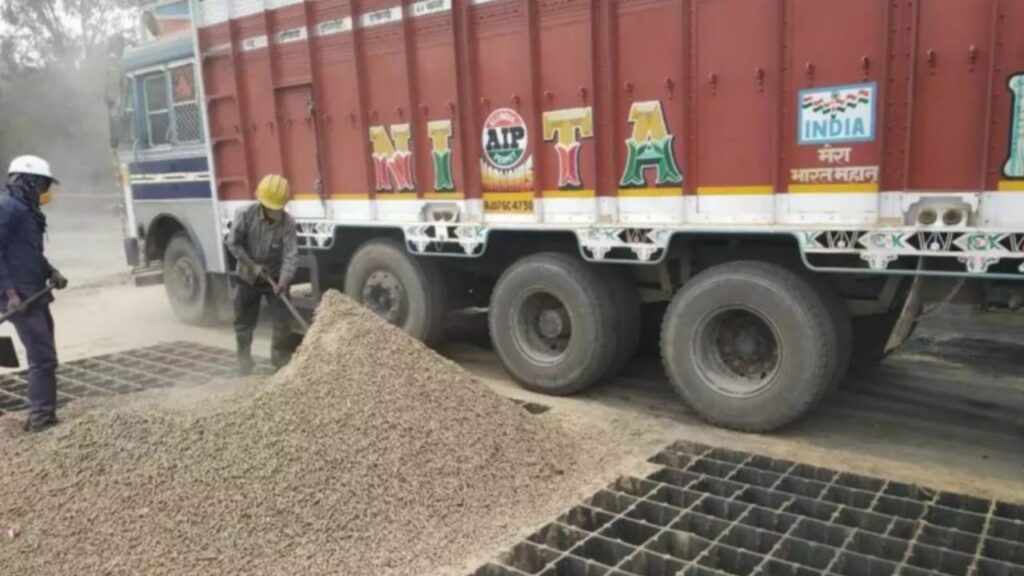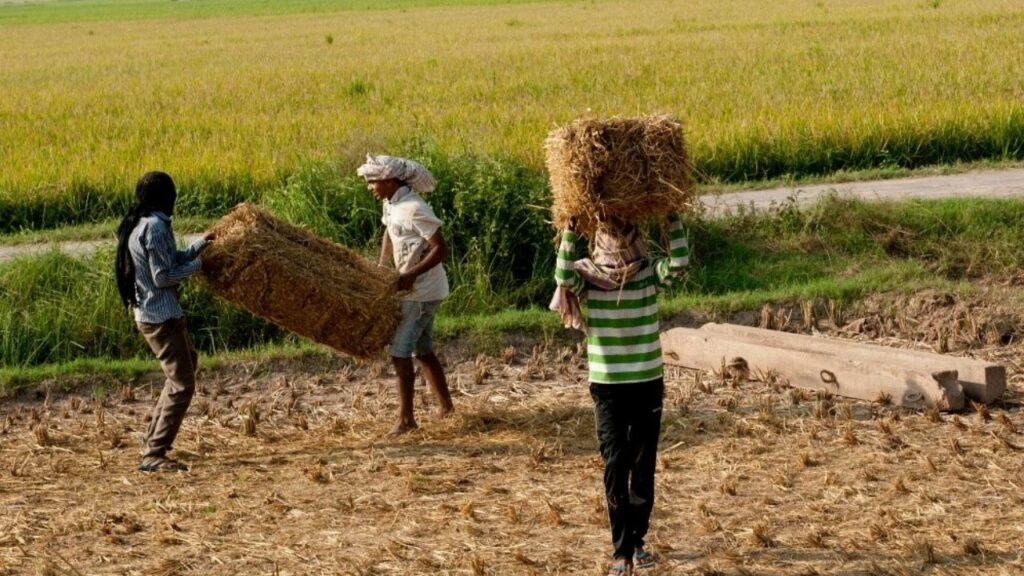
There are many great advantages of solid Biofuel that comes from Biomass. Firstly, it is primarily manufactured through agricultural waste or agricultural residue and even industrial waste.
Secondly, it is enormously beneficial for the environment. It emits extremely low greenhouse gases. And thirdly, it is also much more cost effective than fuels like LPG & Petrol.
Despite of these advantages, Biomass has many challenges pertaining to its business function. And here are the top 4 main business challenges in Biomass.
1. Availability of Biomass is Seasonal & There Can Be a Shortage

It is observed that the availability of Biomass is scarce & seasonal. Indian Farmers eventually burn the crop residue because of unfeasible evacuation. They mainly do so because the process of disposal is relatively expensive for the Farmers.
The organizations operating in Bioenergy require biomass throughout the year: Hence, they need to store biomass for long periods of time and this can be nearly six months on average.
However, Indian economy is agrarian in nature. Each year, there is nearly 200 million tons of agricultural residue generated in India, which has no commercial use. So the idea of unavailability or shortage of Biomass exists to a certain extent, but isn’t a massive challenge due to an enormous quantity of agricultural residue each year.
2. Viability of Transport & Distance Issues

Biomass in its loose form has much higher weight in terms of volume & relatively lower mass. For example, a truck with a capacity of ten tons will carry only four tons of Biomass.
This puts a limit on the transport effectiveness of Biomass. Hence, generating Bioenergy becomes viable, merely in small radii’s and are closer to the hubs of biomass availability.
Hence, it is challenging for Biomass to be transported from one place to another, especially when it’s a long distance journey.
However, there is a long-term resolution to overcome this challenge. By having the manufacturing plant closer to the source of Biomass, these transport & distance issues can be resolved.
3. Farmers Receive Less Incentives for Their Participation in Biomass Activity

The double trouble problem of storage along with transport, increases the cost in terms of supply chain & reduces Biofuel’s economic value discovery. At present, the Indian farmer receives only twenty percent of the economic value. This leads to reduction of economic incentive for the farmer.
Due to lack of healthy incentives, the farmer is discouraged to heavily participate in Biomass activities like selling agricultural residue or helping with transport for wages.
The only resolution for this issue is to create more incentivizing opportunities for farmers so that it encourages them to participate more in the Biomass business.
4. Automation is Missing in Biomass Activities

In India, in terms of collection and processing of Biomass, no company has invested so far in the mechanization of these processes. This leads to scalability issues.
If we decide to undertake a huge task of 100 acres of Biomass collection, it’s not viable due to the lack of automation or mechanization. The machine intelligence factor is missing and there’s a lot of manual labour involved. This also affects the speed at which the work gets done in the Bioenergy segment.
However, as a part of resolution, we can take inspiration from countries like China, Canada & Vietnam. These countries have adequate Research & Development in the Bioenergy domain and they also possess sophisticated mechanized equipment for all the Biomass processes.
Despite of these challenges, we still have a great amount opportunity to resolve them and increase the expansion of Biomass in India. The expansion of Biomass business in India will greatly support the Indian economy in the long-run.
